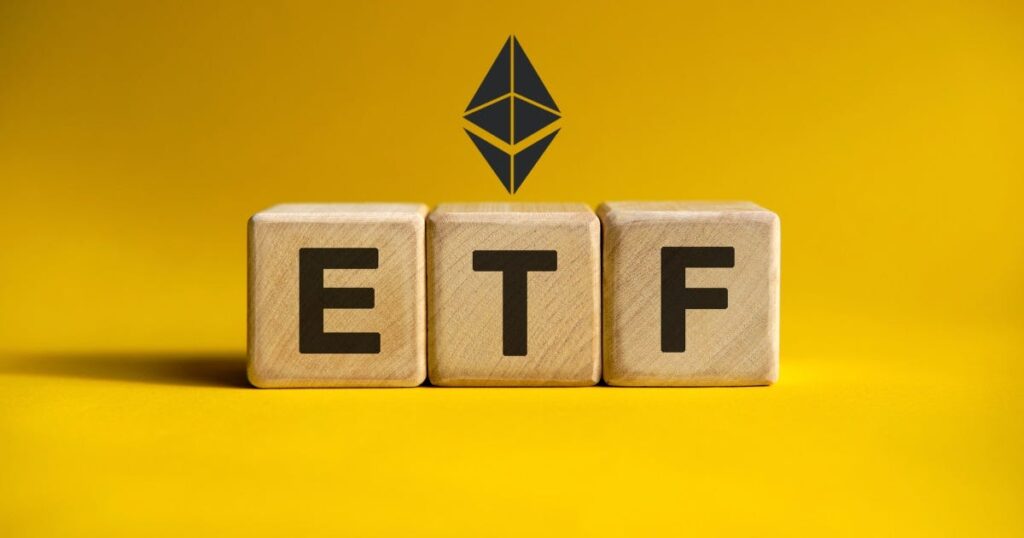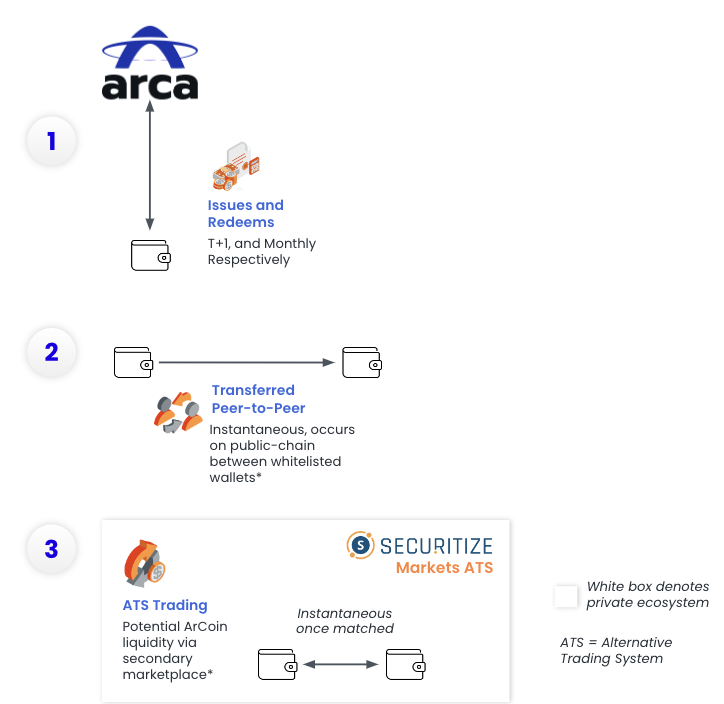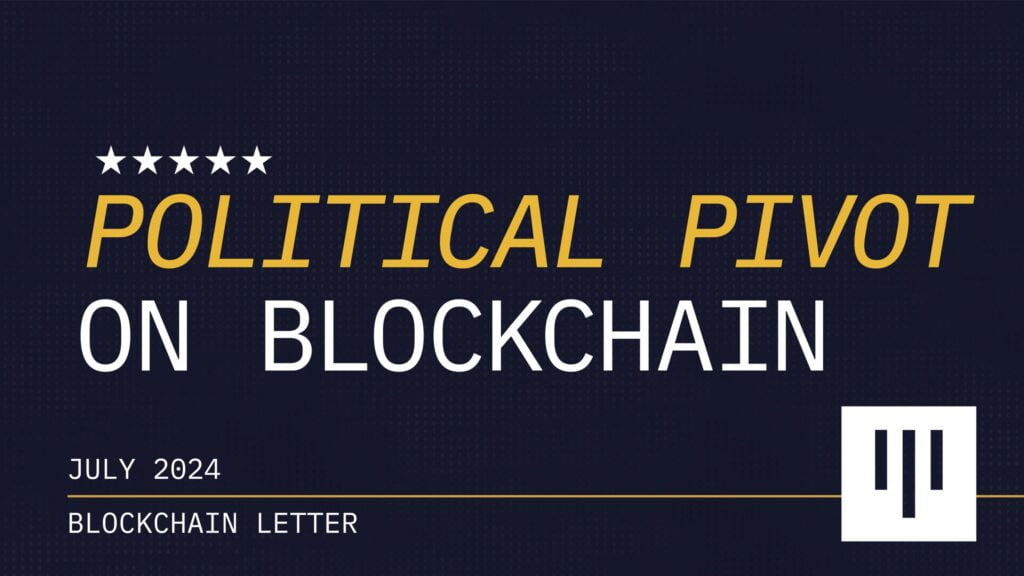Podcast Summary
This podcast episode delves into the workings of Rocket Pool, a decentralized liquid staking protocol on the Ethereum network. The discussion covers the protocol’s history, its unique features, and its role in promoting decentralization in the Ethereum staking ecosystem. The guest, Darren Langley, the founder of Rocket Pool, shares insights into the protocol’s development, its competitive edge, and future plans.
Key Takeaways
Rocket Pool’s Unique Features and Advantages
- Decentralized Liquid Staking: Rocket Pool allows users to stake any amount of ETH without needing to run a validator node. This feature offers advantages over direct staking on Ethereum, making it more accessible to a wider range of users.
- Node Operators and Liquid Stakers: Node operators on Rocket Pool need 8 ETH as collateral and earn a commission on the yield generated for liquid stakers. Liquid stakers, on the other hand, receive a slightly lower yield due to the commission paid to node operators.
- Role of RPL Token: Rocket Pool’s native token, RPL, serves as collateral and governance weight within the protocol. It gains value through its use as collateral for node operators and as a yield-bearing asset within the protocol.
- Geographic Distribution: Rocket Pool boasts over 3,000 node operators in 100 different geographic locations, representing about 3% of the ETH being staked.
- Resilience and Censorship Resistance: The decentralization of node operators contributes to the network’s resilience and censorship resistance, a key advantage of Rocket Pool.
Rocket Pool’s History and Development
- Inception and Growth: Rocket Pool was founded in 2017 by Darren Langley, inspired by Vitalik Buterin’s MVE paper on proof of stake for Ethereum. The team gained traction after a Reddit post about their idea and went live in late 2021.
- Funding and Decentralization: Rocket Pool raised funds through an ICO and received venture capital funding from ConsenSys. The team believes ICOs are essential for true decentralization as funds should come from the users of the system.
- Centralization Concerns: Centralization in the Ethereum staking ecosystem is a concern, with Lido currently staking 31.7% of ETH. Rocket Pool aims to be a competitive solution to this centralization problem.
Future Plans and Innovations
- Upcoming Releases: The upcoming release, Houston, will introduce governance features and give the protocol DAO on-chain power. The next release, Saturn, will focus on scaling and take advantage of Ethereum’s upcoming EIP called 4788.
- Integration with DeFi Protocols: The integration of liquid staking tokens with DeFi protocols is a lengthy process that requires building up liquidity and ensuring low slippage for liquidation in lending protocols.
- Community Building: The Rocket Pool community has been built over several years, with passionate individuals motivated by the project’s success and market share growth. The podcast emphasizes the importance of improving how DAOs work and providing a replicable experience for other projects.
Sentiment Analysis
- Bullish: The podcast presents a bullish sentiment towards Rocket Pool, highlighting its unique features, competitive edge, and future plans. The discussion emphasizes the protocol’s role in promoting decentralization in the Ethereum staking ecosystem, its resilience, and censorship resistance. The upcoming releases and integration with DeFi protocols further contribute to the bullish sentiment.
- Neutral: The podcast also maintains a neutral stance, acknowledging the challenges Rocket Pool faces, such as the lengthy process of integrating with DeFi protocols and the need for building liquidity. The discussion also recognizes the risks associated with centralization in the Ethereum staking ecosystem.













